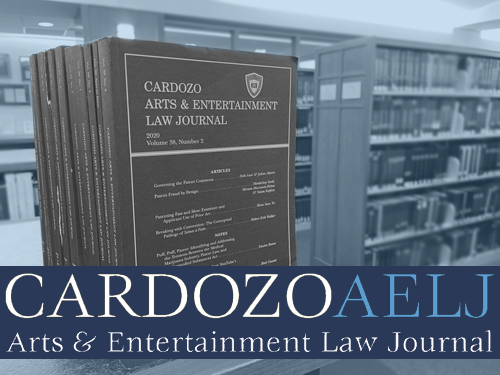Document Type
Article
Publication Date
2-23-2020
Graduation Year
2021
Abstract
TikTok is a social network, yet it operates differently than any other social media app we know. It is most popularly known for teenagers’ lip syncing and dancing yet also hosts a wide range of public shareable content, such as comedic skits and viral challenges. TikTok’s influence on pop culture is exploding with an increasing number of TikTok stars who have gained millions of followers in days. Wherever I go now, I see children as young as eight making TikToks, be it on the New York City Subway platform or the street outside of their school. They are laughing and having pure and simple fun and that is the quintessential point of TikTok. The app makes it effortless to take part in it yet it can yield tremendous gain. It is not curated content like Instagram, it is not meant to be political or intelligent like Facebook or Twitter. It’s lighthearted, easy and yet it is not without controversy. For an app that has over 1.5 billion all time downloads and is all about dancing, comedy, viral videos and teen celebrities, the government is worried about how TikTok regulates its content and users. The question is, should TikTok users be worried too?
This post was originally published on the Cardozo Arts & Entertainment Law Journal website on February 23, 2020. The original post can be accessed via the Archived Link button above.
Recommended Citation
Colman, Tehila, "TikTok: The Renegade of Social Media" (2020). Cardozo Arts & Entertainment Law Journal (AELJ) Blog. 226.
https://larc.cardozo.yu.edu/aelj-blog/226



